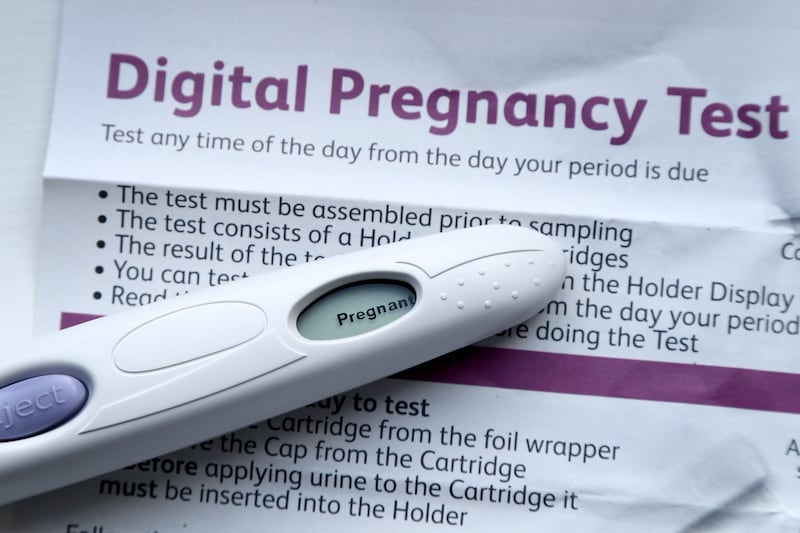The Texas supreme court has paused a judge’s ruling that approved an abortion for a woman whose foetus has a fatal diagnosis.
The move halts an unprecedented challenge to one of the most restrictive bans in the US.
The order by the all-Republican court came more than 30 hours after Kate Cox, a 31-year-old mother-of-two from the Dallas area, received a temporary restraining order from a lower court judge that prevents Texas from enforcing the state’s ban in her case.
In a one-page order, the court said it was temporarily staying Thursday’s ruling “without regard to the merits”. The case is continuing.
Molly Duane, a lawyer at the Centre for Reproductive Rights, which is representing Ms Cox, said: “While we still hope that the court ultimately rejects the state’s request and does so quickly, in this case we fear that justice delayed will be justice denied.”
Ms Cox’s legal team have said they will not share her abortion plans, citing concerns for her safety. In a filing with the Texas supreme court on Friday, her attorneys indicated she was still pregnant.

The woman was 20 weeks pregnant this week when she filed what is believed to be the first lawsuit of its kind since the landmark US supreme court decision last year that overturned the Roe v Wade abortion rights ruling in America.
The order issued on Thursday only applied to Ms Cox and no other pregnant Texas women.
Ms Cox learned she was pregnant for a third time in August and was told weeks later that her baby was at a high risk for a condition known as trisomy 18, which has a very high likelihood of miscarriage or stillbirth and low survival rates, according to her lawsuit.
Furthermore, doctors have told Ms Cox that if the baby’s heartbeat were to stop, inducing labour would carry a risk of a uterine rupture because of her two prior caesarean sections, and that another C-section at full term would would endanger her ability to carry another child.
Republican Texas attorney general Ken Paxton argued that Ms Cox does not meet the criteria for a medical exception to the state’s abortion ban, and he urged the state’s highest court to act swiftly.
“Future criminal and civil proceedings cannot restore the life that is lost if plaintiffs or their agents proceed to perform and procure an abortion in violation of Texas law,” Mr Paxton’s office told the court.
He also warned three hospitals in Houston that they could face legal consequences if they allowed Ms Cox’s physician to provide the abortion, despite the ruling from state district judge Maya Guerra Gamble, who Mr Paxton called an “activist” judge.
On Friday, a pregnant Kentucky woman also filed a lawsuit demanding the right to an abortion. The plaintiff, identified as Jane Doe, is about eight weeks pregnant and she wants to have an abortion in Kentucky but cannot legally do so because of the state’s ban, the suit said.
Unlike Ms Cox’s lawsuit, the Kentucky challenge seeks class-action status to include other Kentuckians who are or will become pregnant and want to have an abortion.








